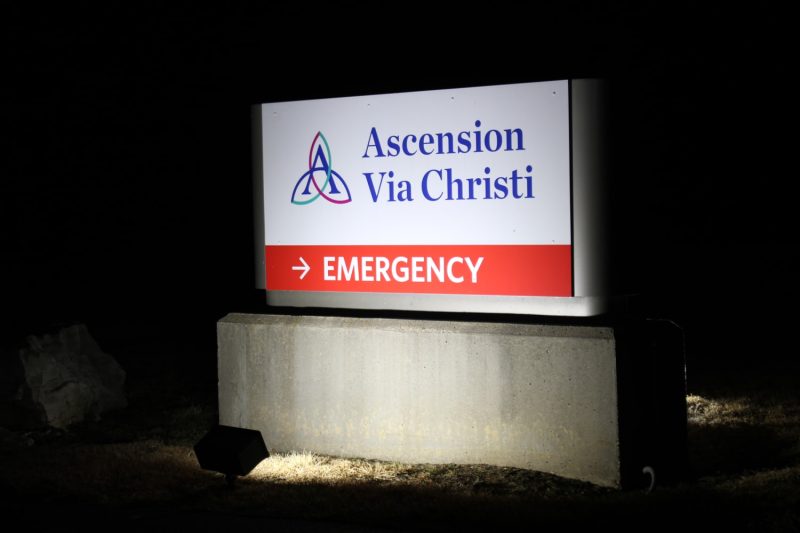Ascension Health, the largest Catholic hospital chain in the United States, has recently become the target of a devastating cyberattack that has disrupted crucial patient care processes. This breach has raised significant concerns about the vulnerability of healthcare institutions to such malicious activities and highlighted the need for robust cybersecurity measures to safeguard sensitive patient information and ensure uninterrupted medical services.
The severity of the cyberattack on Ascension Health cannot be overstated, as it has not only compromised the privacy and security of patient data but also disrupted critical healthcare operations. This breach serves as a stark reminder of the growing threat posed by cybercriminals to organizations that provide essential services, such as hospitals and healthcare facilities. The consequences of such attacks extend far beyond financial losses and reputational damage, impacting the health and well-being of patients who rely on timely and accurate medical care.
The disruption caused by the cyberattack on Ascension Health has forced the organization to scramble to restore normal operations and mitigate the impact on patient care. Delays in accessing medical records, scheduling appointments, and providing necessary treatments can have serious repercussions for patients, potentially leading to compromised health outcomes and prolonged recovery periods. The inability to access vital information due to the breach can also hinder healthcare providers in making informed decisions and delivering effective care to those in need.
In response to the cyberattack, Ascension Health has implemented stringent security measures to contain the breach, protect patient data, and prevent further disruptions to healthcare services. These efforts include enhancing network security, encrypting sensitive information, and monitoring for any suspicious activities that could indicate another potential attack. Additionally, the organization is working closely with cybersecurity experts and law enforcement agencies to investigate the breach, identify the perpetrators, and hold them accountable for their actions.
The cyberattack on Ascension Health serves as a wake-up call for the healthcare industry as a whole to prioritize cybersecurity and develop comprehensive strategies to defend against evolving threats. With the increasing digitization of medical records and the reliance on interconnected systems for patient care, healthcare organizations must invest in robust cybersecurity solutions, employee training, and incident response protocols to fortify their defenses against cyber threats. The protection of patient data and the uninterrupted delivery of medical services should be paramount concerns for all healthcare providers, regardless of their size or scope of operations.
In conclusion, the cyberattack on Ascension Health underscores the urgent need for healthcare organizations to bolster their cybersecurity defenses and enhance their resilience against potential threats. By investing in proactive measures to safeguard sensitive patient information, organizations can mitigate the risk of security breaches, protect the integrity of their operations, and uphold the trust and confidence of those who depend on their services. The events surrounding this breach should serve as a cautionary tale for healthcare providers everywhere to remain vigilant, proactive, and prepared to face the challenges of an increasingly interconnected and vulnerable digital landscape.

























